SWCA Safety Training
Construction health and safety training keeps workers and supervisors informed about job site hazards and necessary controls to promote workplace safety. This, in turn, avoids accidents, boosts productivity, prevents financial losses, and ensures your company's success by maintaining a good reputation.
January 2024
Excavation/ Trenching & Confined Space Entry, Worker Awareness Training

January 23 || 8:00am-1:00pm
$125 per person
This 5-hour interactive course reviews excavation/trenching and confined space rules and procedures. Using hands-on training, students will examine Federal and State codes, covering practical considerations for safe and compliant excavation and trenching; as well as the requirements for classifying and entering permit required confined spaces. The curriculum includes videos and interactive handouts and samples of forms.
1st Aid/CPR with AED
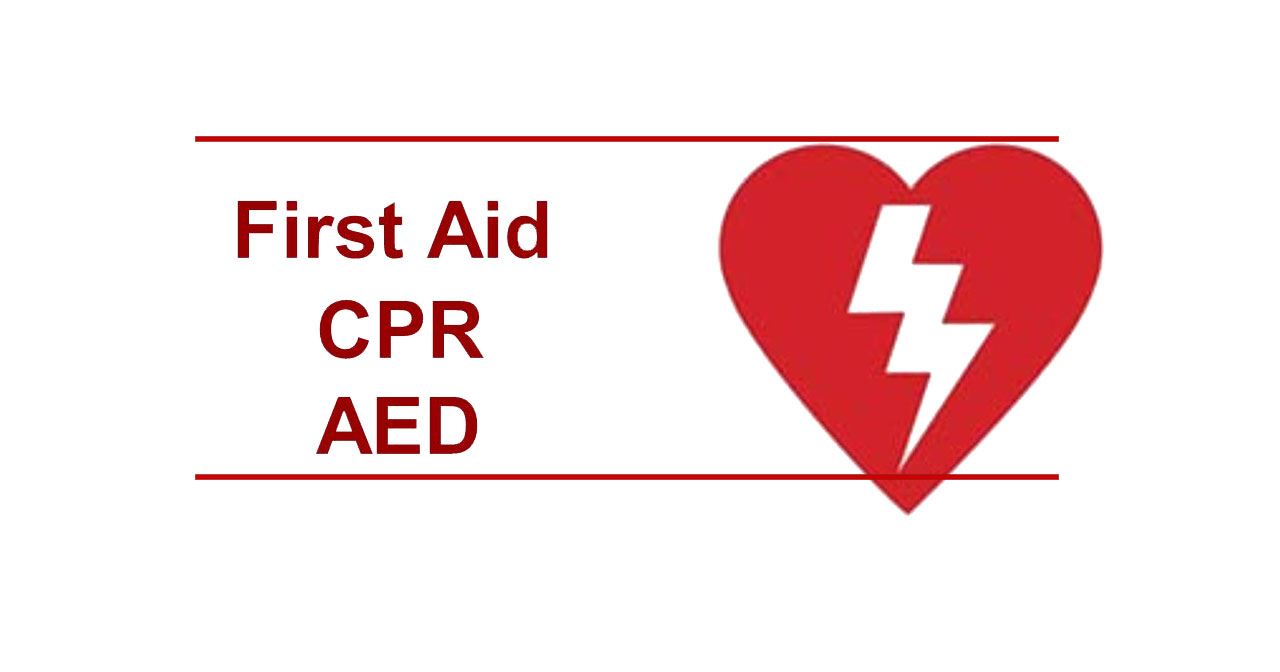
January 23 || 1:30pm-4:30pm
$85 per person
This 3-hour, Instructor-led, hand-on course teaches students critical skills needed to respond to, and manage medical emergencies until EMS arrives.
The Heat Related Illness portion of this class is designed to help workers to anticipate, recognize, evaluate, and control heat stress hazards. In this course, we will teach you the definition of heat stress and how to prevent injuries and illnesses on the job site. You will also learn OSHA’s heat stress guidelines so that you can be prepared to handle heat stress emergencies. Washington State requires HRI to be covered May 1st through September 30th, yearly.
Rigging & Signaling

January 24 || 8:00am-4:00pm
$225 per person
This 8-hour rigging and signaling class is facilitated with an interactive workbook and “hands-on” exercises. Participants will gain understanding of:
- ASME B30 Hand Signals & Voice Communication Methods for Mobile and Overhead Cranes
- Understanding Center of Gravity
- Controlling Loads
- Weight Estimations
- Hitch Types (Vertical, Choke and Basket)
- D/d Ratios
- Sling loading (Share of load & Load Angle Factors)
- Inspection Criteria of Rigging Materials
- Sling and Hardware Types
- Tagline use
- Dynamic (shock) loading
- Power-line Clearances
- Overhead Hazards
- Written Exam Required.
Participants must be able to read and understand English, as well comprehend basic math, and use a calculator.
February 2024
Construction OSHA 10-hour (2-Day)
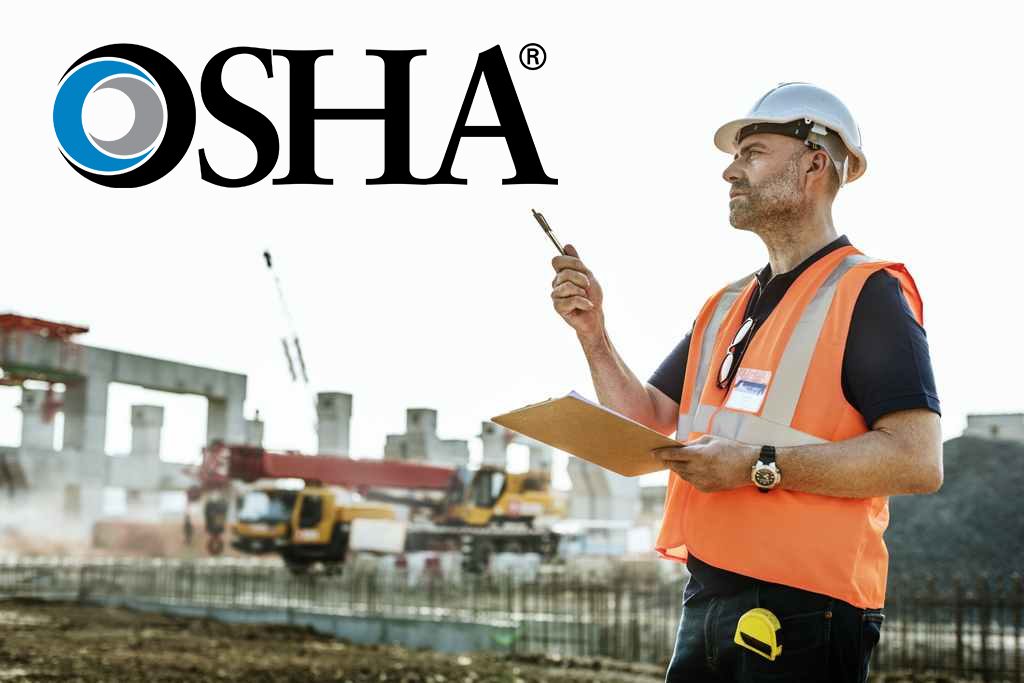
February 6-7 || 8am-2pm
$245 per person
OSHA 10-Hour interactive courses are designed for Tradespeople, as well as Managers and Supervisors. Available for both construction and General Industry, the classes have choices for elective topics to best suit a client’s needs.
The 10 Hour course outline offers a general understanding of:
· The history of OSHA
· Fall Protection
· Struck-By / Caught In-Between Hazards (Trenches)
· Electrical Safety
· Personal Protective Equipment
· General Health Hazards (Noise, Silica, etc.)
· Hand & Power Tools (Machine Guarding)
· Stairs & Ladder Safety
· Scaffold Safety
· Materials Handling (Ergonomics)
· Fire Prevention
Basics of Respiratory Protection
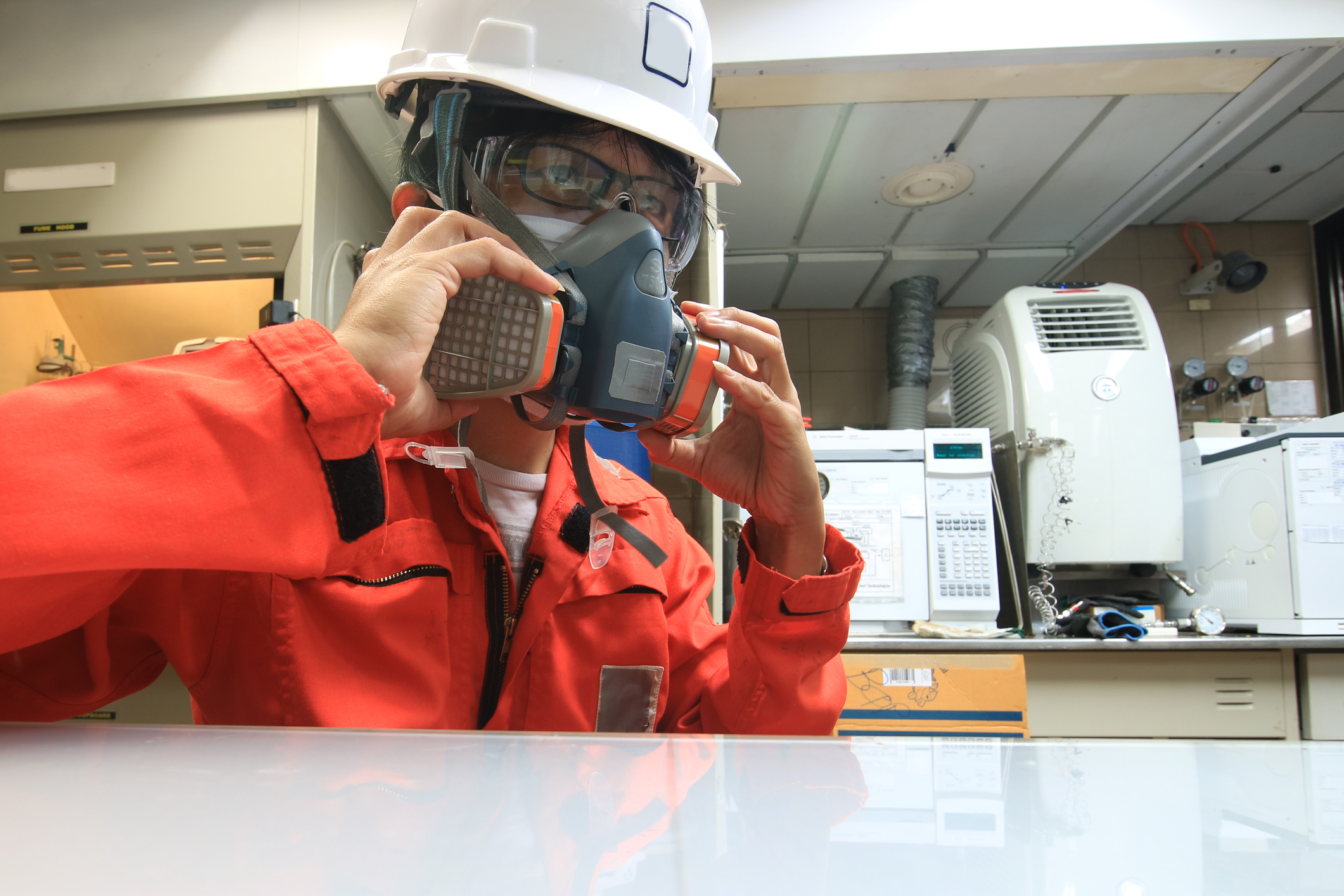
February 13 || 8am-12pm
$125 per person
This 4 hour course reviews the basic requirements for a respiratory protection program. Course topics include:
- OSHA Respiratory Protection Standards
- Program Requirements
- NIOSH Certification
- Basic Terminology
- When and why to use a respirator
- How to proper select a respirator and cartridge
- Cleaning & Maintenance
- Cartridge Change-Out
- Medical Evaluation Requirements
- Fit Testing
- Voluntary Use
- Assigned Protection Factors
This required curriculum is excellent for both supervisors, as well as potentially exposed workers. You’ll gain a better understanding of what “respiratory” hazards are, the proper use of engineering and administrative controls, OSHA’s Table 1 (for silica) and exposure limits and risks of lead and asbestos.
Fall Protection User Awareness & Competent Person Requirements

February 13 || 12:30pm-4:30pm
$125 per person
This 4-hour “hands-on” Fall Protection training is designed to familiarize workers with code requirements for Competent Persons; as well as the proper use, care, and maintenance of fall protection equipment, and completing fall protection plans.
With falls being the leading cause of death in construction, it makes sense OSHA requires training for anyone using personal fall protection equipment.
Safety and Health Management
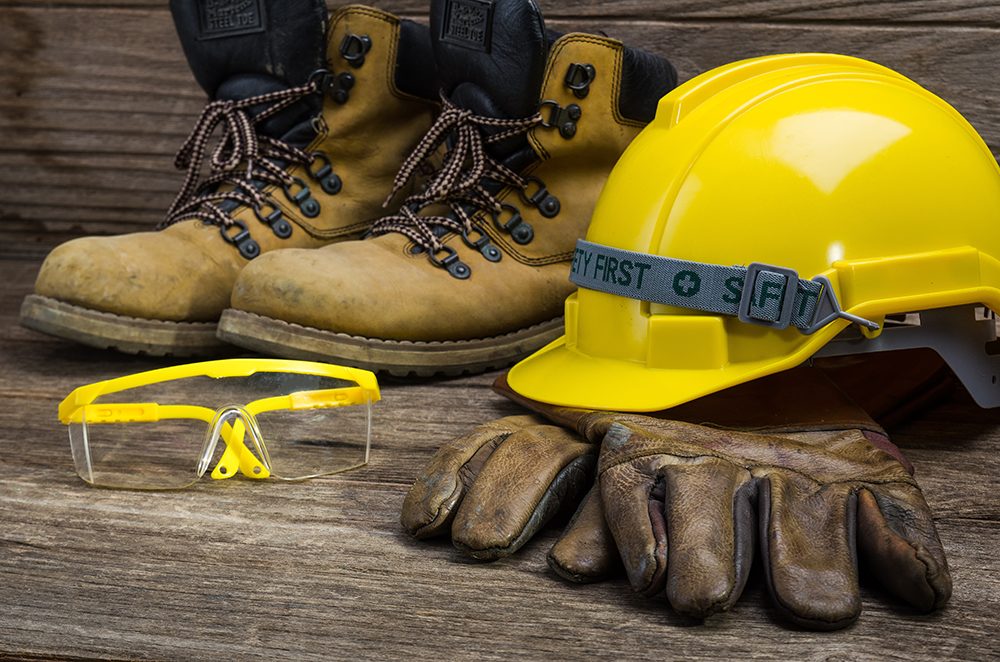
February 14 || 8am-3pm
$295 per person
An innovative course designed for business owners, managers, human resource professionals and field supervisors with either part-time or full-time responsibilities administering health and safety programs. Ideal if you’re new to the safety industry!
This 7 hour “risk focused” outline begins with the basics of developing safety and health programs, then evolves into implementation of policies and procedures.
Course Outline:
- Managing Safety and Health / Program Development
- Preparing Job Hazard Analysis
- Citation Process / Experience Modification Rates
- Benefits of Retro Insurance Programs
- Foundations of Safety Leadership
Excavation/ Trenching & Confined Space Entry, Worker Awareness Training

February 20 || 8:00am-1:00pm
$125 per person
This 5-hour interactive course reviews excavation/trenching and confined space rules and procedures. Using hands-on training, students will examine Federal and State codes, covering practical considerations for safe and compliant excavation and trenching; as well as the requirements for classifying and entering permit required confined spaces. The curriculum includes videos and interactive handouts and samples of forms.
1st Aid/CPR with AED

February 20 || 1:30pm-4:30pm
$85 per person
This 3-hour, Instructor-led, hand-on course teaches students critical skills needed to respond to, and manage medical emergencies until EMS arrives.
The Heat Related Illness portion of this class is designed to help workers to anticipate, recognize, evaluate, and control heat stress hazards. In this course, we will teach you the definition of heat stress and how to prevent injuries and illnesses on the job site. You will also learn OSHA’s heat stress guidelines so that you can be prepared to handle heat stress emergencies. Washington State requires HRI to be covered May 1st through September 30th, yearly.
Accident Investigation
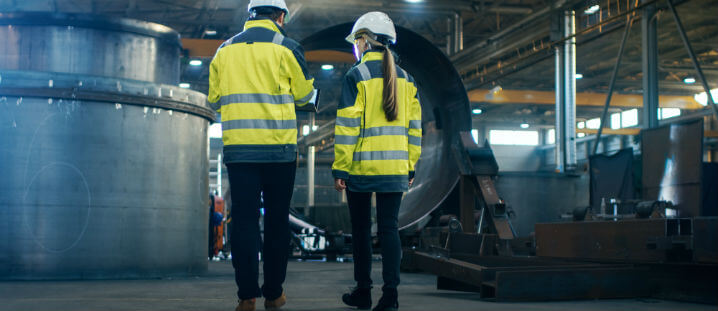
February 21 || 9am-12pm
$125 per person
This course is designed for anyone wanting to learn basic principles of accident investigation. A hands-on curriculum, evaluating mishaps, discovering “root causes” and “contributing factors”.
2 Hour Course Outline:
· The purpose of an accident investigation
· Initiating the investigation
· Report writing
· Conducting interviews
· Understanding of root causes
· Determining contributing factors
· Initiating corrective action
Lock-Out / Tag-Out

February 21 || 12:30pm-3:30pm
$125 per person
Lock-out / Tag-out, also referred to as LO/TO, is a set of safety procedures used to control and isolate hazardous energy. 3-Hour course outline includes:
- Program requirements
- Roles and Responsibilities for
- Authorized Persons
- Affected Persons
- Other Persons
- Testing requirements
- Training requirements
